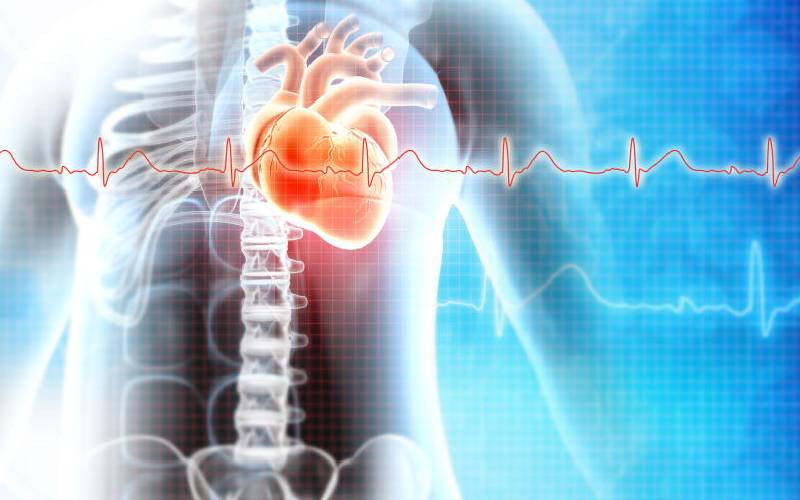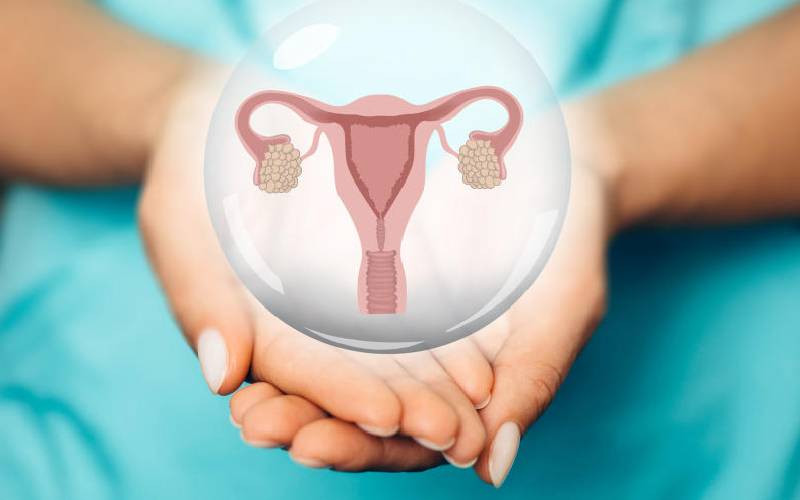
Eating a Mediterranean diet rich in vegetables, fruit, fish, and olive oil may help preserve brain cells as we age, according to new research.
A study of 674 people with an average age of 80 showed that those following a Mediterranean-like diet had larger brains.
By volume, they had five millilitres more nerve cells and 6.41 millilitres more nerve fibres than those with different dietary habits.
Mediterranean diets include low consumption of saturated fatty acids, dairy products, meat and poultry, and mild to moderate intakes of alcohol.
Eating more fish and less meat was also associated with less brain shrinkage, the US study found.
The findings are published online in the journal Neurology.
Lead scientist Dr Yian Gu, from Columbia University in New York, said: "These results are exciting, as they raise the possibility that people may potentially prevent brain shrinking and the effects of ageing on the brain simply by following a healthy diet."
Dr James Pickett, head of research at Alzheimer's Society, said: "There is an increasing amount of evidence that eating a healthy diet, rich in fish, vegetables, legumes and nuts is good for your brain.
"This study delves further into the potential benefits that diet could have, but it does not prove that a Mediterranean-style diet can stop your brain from shrinking as you age.
"Other key ways to keep your brain healthy is to take as much physical exercise as you can, stop smoking and keep your blood pressure in check."
Dr Laura Phipps, from Alzheimer's Research UK, said: "A Mediterranean-style diet rich in fruit and vegetables, grains and fish, has been linked to a variety of health benefits and researchers are continuing to investigate the impact of nutrition on the brain.
"While this study suggests there is an association between eating a Mediterranean diet and brain volume in healthy older people, we don't know whether these particular food choices alter dementia risk.
"It's hard to know from this study what the underlying reason for the link between diet and brain volume might be, and what other factors may be involved."
 The Standard Group Plc is a multi-media organization with investments in media platforms spanning newspaper print
operations, television, radio broadcasting, digital and online services. The Standard Group is recognized as a
leading multi-media house in Kenya with a key influence in matters of national and international interest.
The Standard Group Plc is a multi-media organization with investments in media platforms spanning newspaper print
operations, television, radio broadcasting, digital and online services. The Standard Group is recognized as a
leading multi-media house in Kenya with a key influence in matters of national and international interest.











